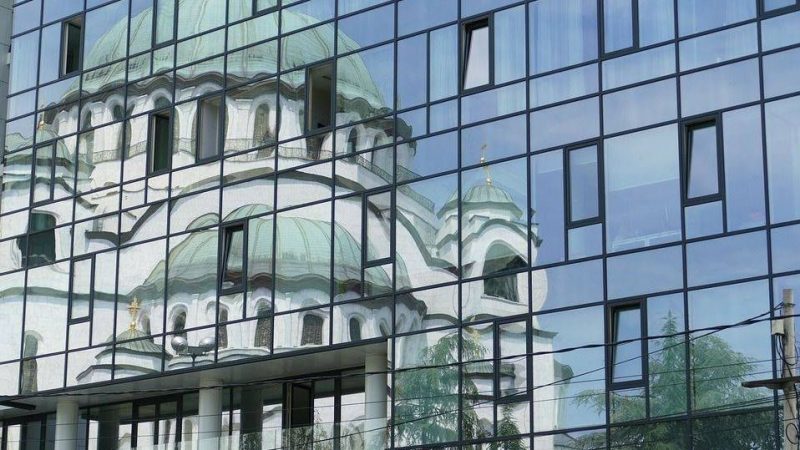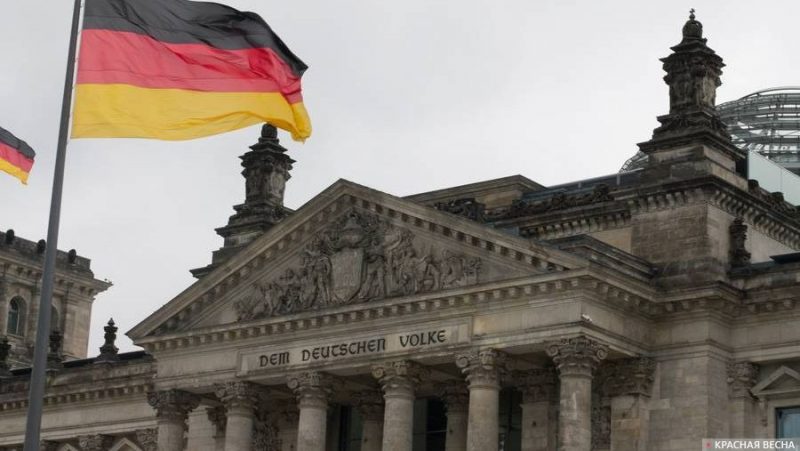22.08.2018, Pristina.
Monks and priests of the Orthodox Diocese of Raška and Prizren spoke out against a compromise on the delineation between Serbs and Albanians in Kosovo, RIA Novosti reports on August 20.
The Orthodox priests and monks declined the idea of delineation based on ethnicity as they believe that Kosovo should remain part of Serbia. According to them, any concessions leave the Orthodox Serbs at the mercy of the Albanians, who have yet to demonstrate any such mercy towards the Serbs.
According to their statement, the provinces of Kosovo and Metohija, home to 1500 Serbian churches, monasteries and monuments of Serbian culture, are an integral part of Serbia; saving this part of the country is not a question of national ideology, mythology or territory, but it is a matter of the very existence of the Church and the people, what has preserved them there for centuries as God’s Church and the living Church of Jesus Christ.
The clergy remind of anti-Serbian pogroms which took place in Kosovo in 2004. Dozens of the Orthodox churches were damaged, thousands of Serbs were forced to leave their homes, and 16 people were killed then. Now, even the seat of the Diocese of Raška and Prizren has been relocated from the city of Prizren to the Gračanica Monastery on the Serbian territory.
It is the Serbian President Aleksandar Vučić who advocates an idea of delineation, 10 heads of Serbian Municipalities have also supported the idea by an open letter. The majority of these bureaucrats are from the Serb list party, which is sympathetic to Belgrade.
Editorial comment
The Serbian authorities consent to the delineation would be in fact a major step towards the recognition of Kosovo’s independence. Ten years ago, Kosovo’s authorities proclaimed independency unilaterally. In violation of international law, Western countries recognized Kosovo as an independent state.
The Serbs in Bosnia and Herzegovina are in same position now as Serbs in Kosovo. In 1995, the Serbian insurrection was suppressed with NATO help. According to the Dayton Agreement, the Republika Srpska received nominal autonomy in Bosnia and Herzegovina. However, since that time Serbs have lived under constant pressure with their rights limited, while they constitute one third of its population. Taking into account that, following the collapse of Yugoslavia, the Serbs have been always oppressed with approval from the international community, the life of Serbs in Kosovo (5% of overall population), can hardly be considered enviable.
Source: Rossa Primavera News Agency




